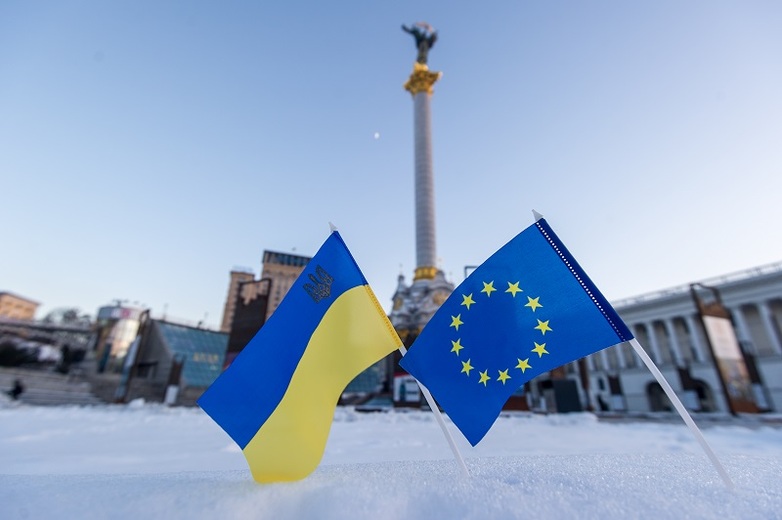The Financial Action Task Force (FATF), addressing Russia's risks to the global financial system, expressed concerns about Moscow's increasing financial ties with countries facing FATF countermeasures, as well as proliferation financing risks and malicious cyber activities, including ransomware attacks.
In 2023, Russia ramped up its arms trade with the FATF-blacklisted states of Iran and North Korea. Since December, evidence has continued to emerge that Russia has been procuring North Korean missiles to use on the battlefield against Ukraine in violation of UN sanctions. This week, new reports appeared suggesting Iran has shipped ballistic missiles to Russia.
Increased financial and banking ties with Russia provide heavily sanctioned North Korea, Iran, and Myanmar with a back door to access the global financial system, creating serious challenges for FATF and its members.
Media: Iran supplied Russia with hundreds of ballistic missiles, plans more supplies
In response to the risks posed by Russia to the world's financial system, members of the FATF have opted to maintain the suspension of Russia's membership without imposing additional restrictive measures, such as placing the country on the blacklist.
While this expanded guidance is welcomed, says the Ukrainian Finance Ministry, it fails to comprehensively address the Kremlin's continued and deliberate flouting of FATF’s standards and principles since it was suspended in 2023.
"The Ministry understands the political challenges of reaching a consensus on further measures, yet the evidence shows that more must be done to counter the threats Russia poses to the integrity of the global financial system," it said in a statement.
The Finance Ministry has called on the FATF to take stronger restrictive action to mitigate these serious threats at the next plenary. It also said that each of the 38 FATF members, including the UK, the EU, Türkiye, and the US, "must not wait for the FATF’s processes to result in further restrictive measures."
"They can place Russia on their national high-risk jurisdictions lists that would require increased scrutiny of all Russia-linked transactions. They can continue to introduce other restrictive measures to prevent abuse of their systems for sanctions evasion, money laundering, and financing of terrorism by the Kremlin," said the ministry.
Following the FATF plenary, Sergii Marchenko, the Ukrainian finance minister, said FATF’s expanded Russia's risk guidance was welcomed. However, Ukraine expected stronger action from the organization in the face of mounting evidence of Russia’s violations.
"Since its suspension a year ago, Russia has strengthened ties with blacklisted North Korea and Iran and ramped up malicious cyber activities.
FATF – an institution entrusted with upholding the security of the global financial system - must live up to its mandate. Lack of stronger restrictive measures dangerously plays into the Kremlin’s hands, giving it and potentially other malign actors the green light to continue the incremental destruction of the rules-based international framework," said the minister.
Later, the head of Ukraine's State Financial Monitoring Service, Ihor Cherkaskyi, emphasized the importance of further overcoming Russia's threats to the global finance system.
“We welcome FATF’s expanded statement about the risks posed by Russia – it should serve as guidance for anybody engaging in any Russia-related transactions. However, it is crucial that this statement is accompanied by further actions.
Almost daily, Russia makes an increasingly compelling case for its blacklisting, either by providing blacklisted countries, like North Korea, Iran, and Myanmar, a back door to the global economy or by flouting FATF principles on financial transparency,” Cherkaskyi stated.
According to the official, Ukraine will continue to cooperate with the FATF to obtain a comprehensive decision on this matter based on the process's technical nature.

